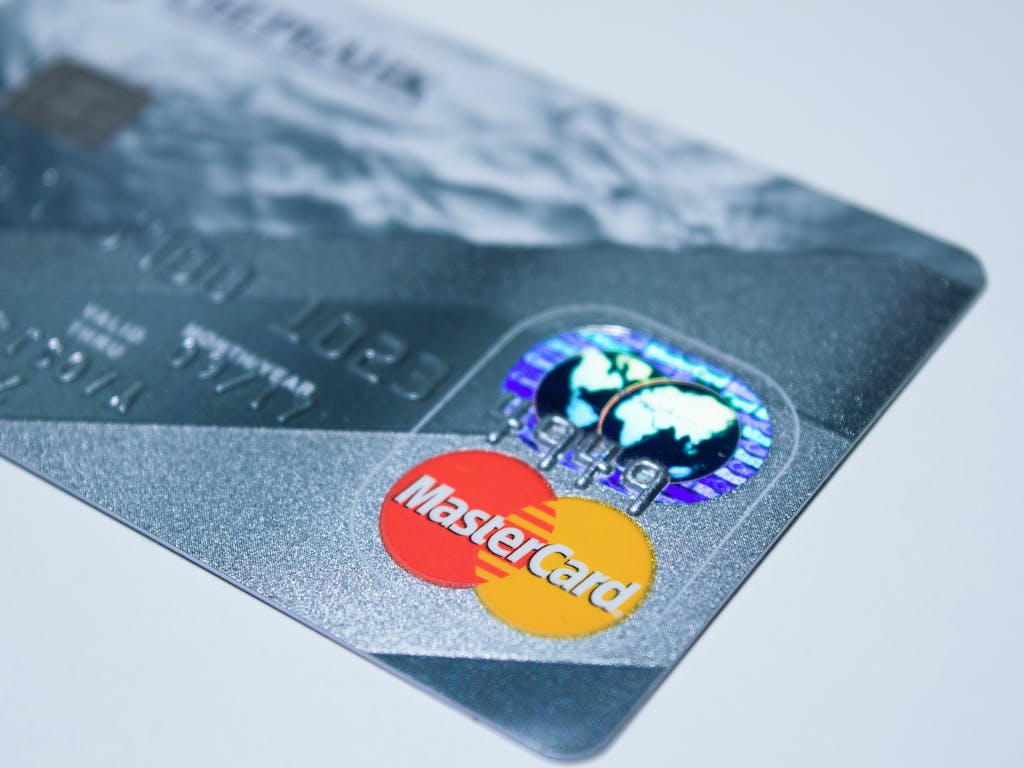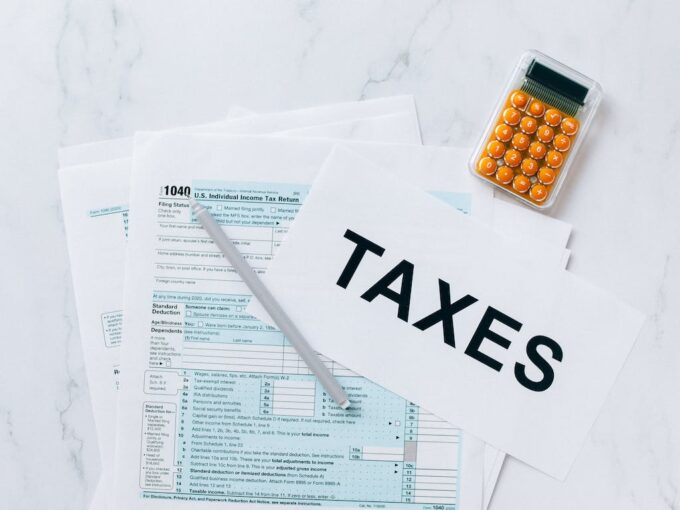Although credit card debt may seem like a burden, it can be properly managed and reduced with the correct techniques. Here are some helpful approaches to tackle credit card debt and regain control of your finances.
Understand Your Debt
Before you start paying down your credit card debt, take time to understand how much you owe. Gather all your statements and list each card’s balance, interest rate, and minimum payment. This will give you a clear picture of your situation and help you plan your next steps.
Create a Repayment Plan
Once you know your total debt, create a repayment plan. Decide whether you want to focus on paying off the card with the highest interest rate first (avalanche method) or the one with the smallest balance (snowball method). Both methods have their benefits, so choose the one that motivates you the most.
Make More Than the Minimum Payment
Always aim to pay more than your credit cards’ minimum amount due. When you only pay the minimum, most of your payment goes towards interest, making it harder to reduce your debt. By paying extra each month, you can lower your balance faster and save on interest.
Cut Unnecessary Expenses
Review your monthly spending and identify areas where you can cut back. This could entail looking for better bargains, cutting out on eating out, or terminating unwanted subscriptions. Use the money you save to make larger payments on your credit card debt.
Consider Balance Transfers
If you have good credit, consider a balance transfer to a card with a lower interest rate. Many credit cards offer introductory rates that can help you save on interest. Just be sure to read the terms carefully and pay off the balance before the promotional period ends.
Avoid New Debt
While paying down your credit card debt, it’s crucial to avoid adding new debt. Put your credit cards away or limit their use until you’ve made significant progress on your repayment plan. Focus on using cash or debit for purchases to stay within your budget.
Seek Help if Needed
Do not be afraid to ask for assistance if you feel that your debt is out of control. Financial advisors or credit counseling services can provide guidance and support. They can help you create a personalized plan to tackle your debt more efficiently.
Stay Motivated
Finally, stay motivated throughout your debt repayment journey. Celebrate small victories, like paying off a card or reaching a milestone. Keeping a positive attitude will help you stay focused and committed to becoming debt-free.
You may take charge of your credit card debt and strive toward a more secure financial future by putting these suggestions into practice.










